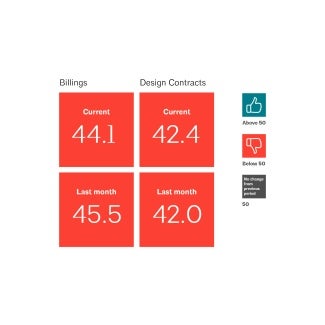Am I breaking the law by providing my employees comp time?
November 1, 2017 | Updated: November 2, 2017
Providing “comp time” to architecture firm employees who work a few extra hours may be easy, but it’s also against the law. Find out why this violates the Fair Labor Standards Act.
Employee comp time rules
It seems simple enough: If an employee works five hours of overtime in a week, rather than paying the overtime rate an employer may tell their employee to take a day of “comp time” the next week. Comp time even feels like a win-win: The employee enjoys some well-deserved rest after a few long days of work, and the employer avoids paying the earned overtime rate.
Unfortunately, it is not that simple; this not-so-uncommon approach to earned overtime violates the Fair Labor Standards Act (FLSA). Accordingly, architecture firms should avoid using comp time as compensation for overtime work.
The United States Department of Labor (DOL) formally defines this practice as compensatory time, describing it as “hours during which an employee is not working, which are not counted as hours worked during the applicable workweek or other work period for purposes of overtime compensation, and for which the employee is compensated at the employee’s regular rate.” The DOL, however, does not permit the use of comp time for employees in private-sector employment. Rather, use of comp time in lieu of overtime pay is only available “to a public agency that is a state, a political subdivision of a state, or an interstate governmental agency.” And the use by a public agency is even limited to instances where there is a collective bargaining agreement in place or, in the absence of a collective bargaining agreement, where there is an agreement with the employee in place before overtime work is performed.
Accordingly, comp time as a means to avoid paying non-exempt employees overtime in the private sector is not permitted by the Department of Labor and is against the law. All non-exempt employees in the private sector must be paid for overtime hours worked.
While pure comp time is not available in the private sector, something akin to comp time is permissible for exempt employees in the private sector. A private employer may offer time off to exempt employees as a reward for exemplary effort. In doing so, however, private sector employers must be careful not to violate the FLSA. Many experts recommend against any hour-for-hour measurement for time off as it suggests compensation for overtime worked. Further, because "compensatory time" is a legal term defined in the FLSA and is only permitted in the public sector, architectural firms should avoid using the term when offering time off to exempt employees as a reward. Many firms describe the policy as extra days off, flexible time off, or administrative paid time off.
Because only exempt employees can be offered additional time off for exemplary work, it is important to understand the circumstances under which an employee can be considered exempt. In most instances, being considered exempt under the FLSA means that the employee is being paid a wage that meets the DOL-prescribed salary threshold and that the employee meets one of the DOL-exempt job classifications. For more information on determining whether your employee is exempt under FLSA, please read our article on overtime pay.
Additionally, if you choose to implement a system of rewarding exempt employees with time off for extra effort, it is strongly suggested that you implement a policy that governs how and when such time off will be offered. This will help ensure consistent and fair application of the policy.
It should also be noted that the United States House of Representatives recently passed the Working Families Flexibility Act of 2017 (H.R. 1180), which would expand the right to use comp time to the private sector. Before it becomes law, however, the Senate must also pass the bill. As of the date of this writing, while the bill was introduced to the Senate on April 3, 2017, the Senate has yet to fully take the Working Families Flexibility Act of 2017 up for deliberations.
AIA has provided this article for general informational purposes only. The information provided is not legal opinion or legal advice.



